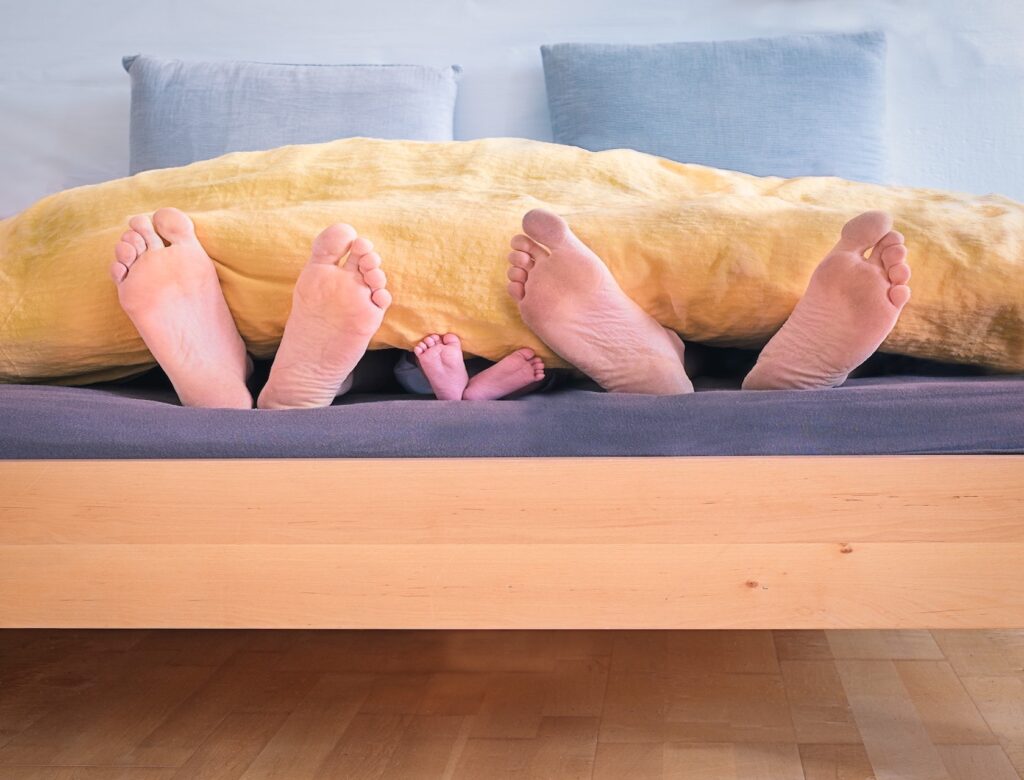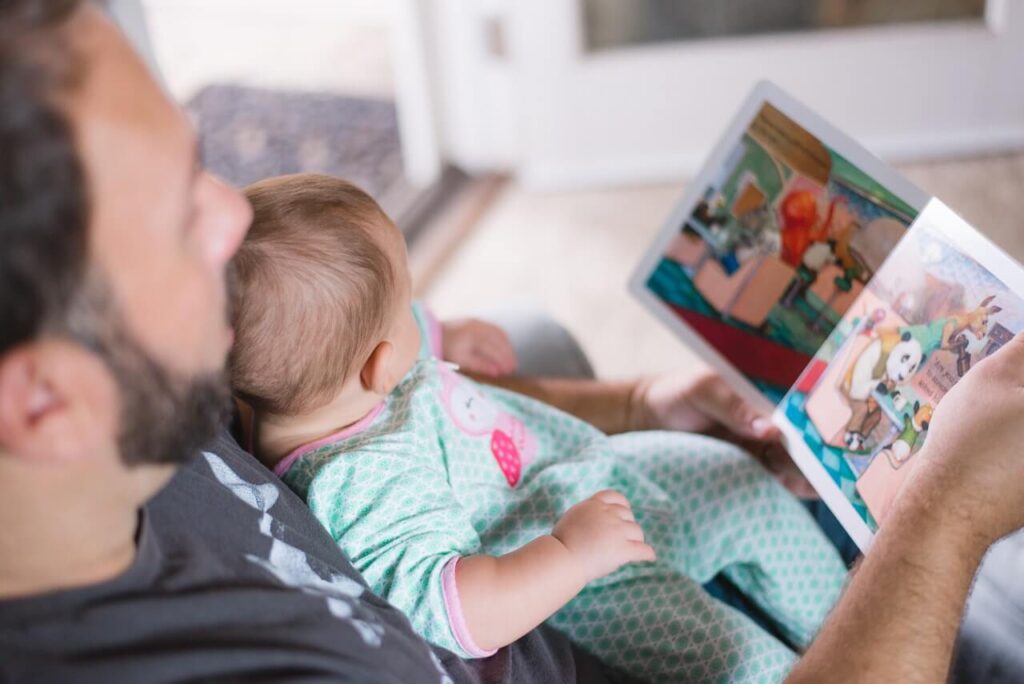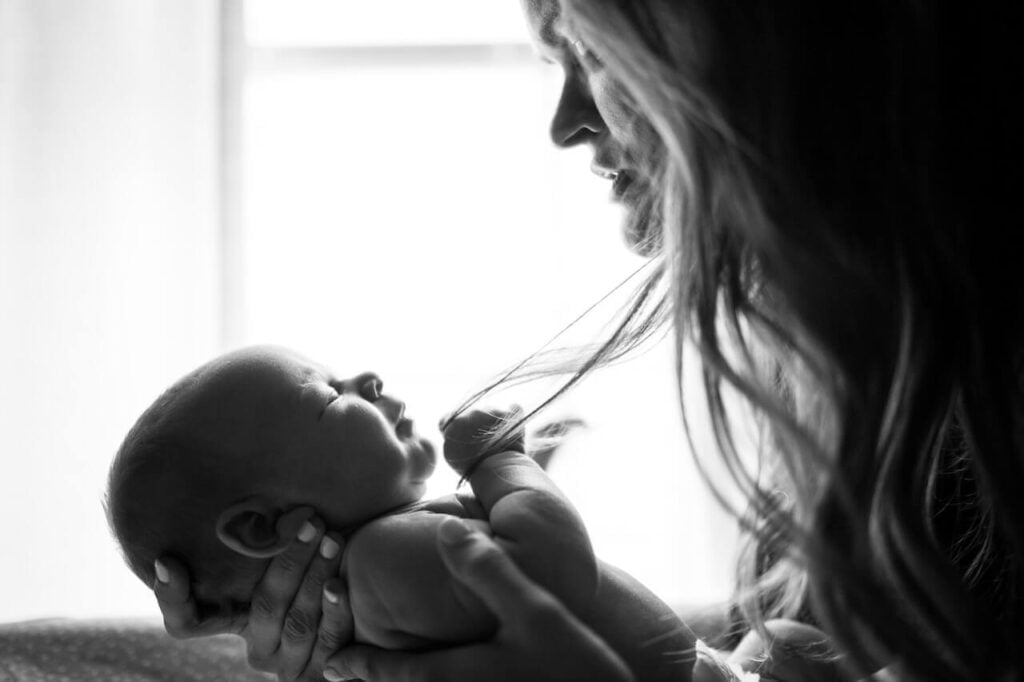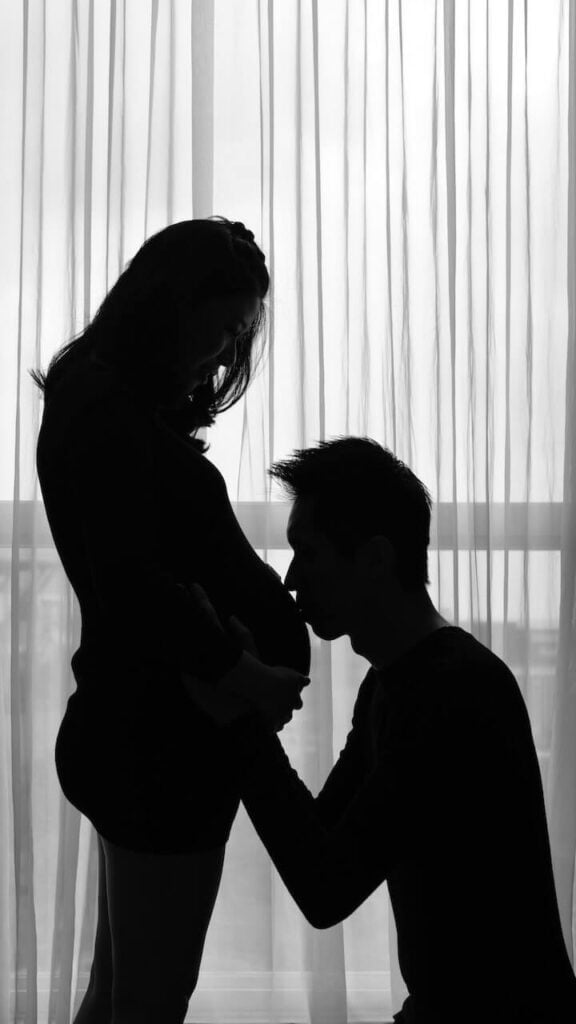Christmas injuries | 6 tips to avoid mishaps
Christmas is approaching, and all of us are looking forward to spending as much time as possible with our family, decorating our homes and actively participating in festive activities and at the festive table. However, it is important to be aware of the potential dangers that can arise at this time of year and take steps to avoid them!
In the following article, we will talk about the most common Christmas injuries and how to avoid them.
Table of contents
Falls
Decorating our home for the holidays can be a fun activity, but it can also be dangerous if we're not careful. The US Consumer Product Safety Commission estimates that each year, about 14,800 Americans go to the Emergency Room for injuries caused by decorating at Christmas, many of them related to a fall.
According to the same report, by Christmas 2022, approximately 160 injuries per day that were related to holiday decorating, with over 40% of them due to falls. Falls can cause fractures, such as a hip fracture, wrist fracture, elbow fracture, fractured shoulder, head injuries or muscle strains.
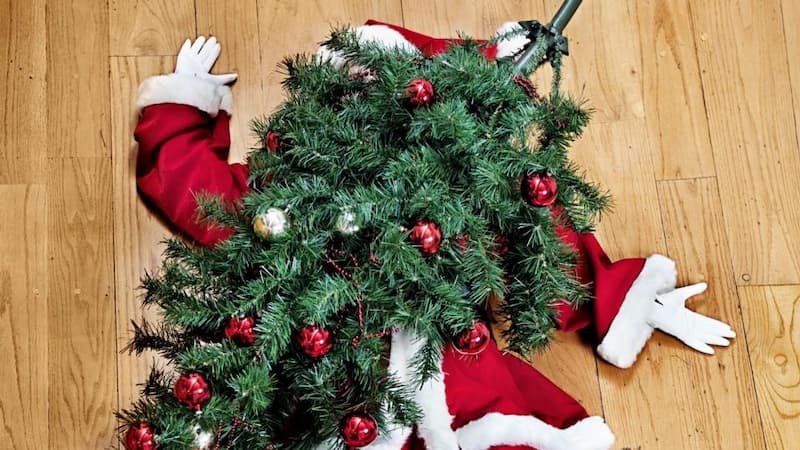
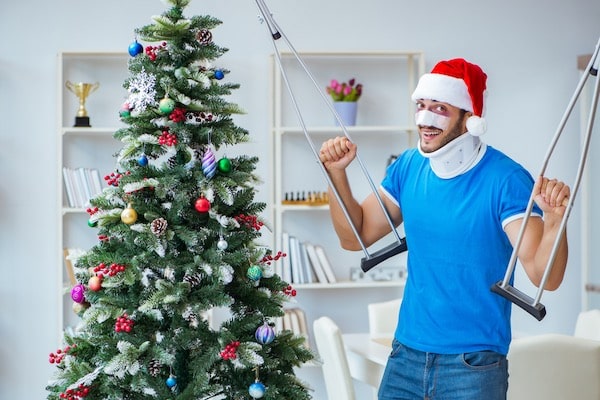
Standing on ladders or chairs to reach high places can be particularly dangerous, as can using extension cords or power strips. To avoid falls, make sure you use a sturdy ladder or step stool and never stand on chairs or other unstable surfaces. Use extension cords and power strips carefully and avoid overloading them.
Burns | Fire hazard
Christmas Eve and Christmas Day are among the most dangerous days of the year for a house fire to occur. Cooking is a big part of the holiday season, so it's important to be careful when using stoves, ovens and other appliances, as that's where kitchen fires often start. Burns can occur when food or drinks are left unattended or when they accidentally touch hot surfaces.
To avoid burns, never leave cooking appliances unattended and keep children and pets away from the oven or hotplate. Use oven mitts when handling hot utensils and handle hot drinks with care.
Decorative candles, Christmas trees and other holiday decorations can be a potential fire source if not handled properly. To prevent fires, be sure to keep candles or other sources of flame away from flammable materials such as curtains or tree branches. Keep the tree and decorations away from heat sources such as radiators or fireplaces. Be sure to turn off any decorative lights before you leave the house or go to bed.
Cuts | Lacerations
Many holiday activities, such as wrapping presents, cooking, and decorating, involve the use of sharp objects. Cuts can easily occur if these items are used carelessly, hastily, or when stored improperly. To avoid cuts, always keep sharp objects such as knives and scissors away from children. When using them, be sure to handle them carefully and store them in a safe place when not in use.
Electrocution risk
Christmas lights, electric candles and other decorative items can be a source of electric shock if not used properly. To avoid electric shock, use only lights and other electrical decorations that are in good working order and avoid overloading outlets or power strips. Be sure to unplug lights and other electrical items when not in use and never use near water.
Food poisoning
Holiday activities often involve cooking large amounts of food. It is important to handle food with care and store it properly. To avoid food poisoning at Christmas, we make sure to cook food to the right temperature and store it in the fridge or freezer immediately after cooking.
We avoid leaving food out at room temperature for long periods of time and make sure to wash our hands before handling any food. Eating too much or too heavy a meal can also cause problems, especially for people with compromised health.
Motor vehicle accidents
Road accidents peak around Christmas, not only because there are more cars on the road, but also due to many other factors. During the holiday season the weather can be hazy and get dark earlier, and visibility can be reduced. People tend to be in a hurry to reach their destination to catch up on shopping and errands, and there is more traffic on the roads.

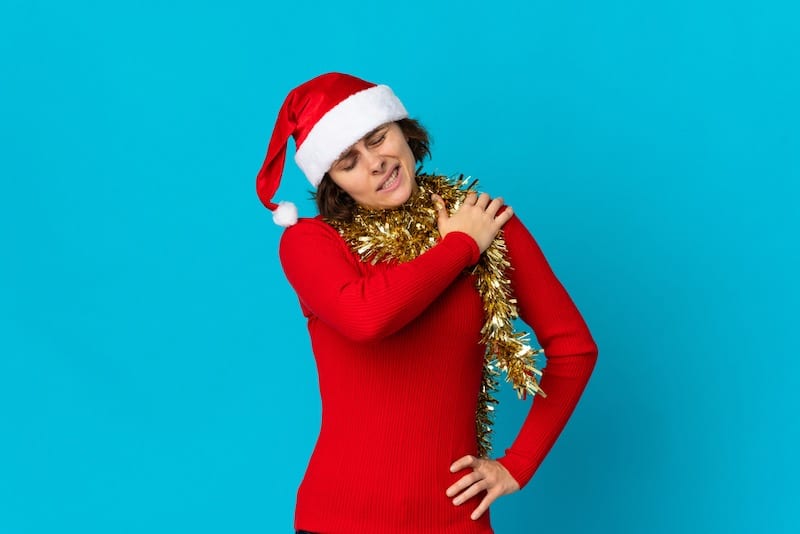
Alcohol consumption also increases during the holidays, and many people may drive drunk, underestimating the impact of alcohol on driving response time. The US National Safety Council (National Safety Council) estimates that up to 350 people or more may die on the roads on Christmas Day with the proportion of crashes involving excessive alcohol consumption reaching 40% (an increased rate compared to the average).
Although we cannot control the actions of other drivers, we must exercise extra caution on the road by wearing our seat belts, keeping a more respectful distance, making sure all of our car equipment is working properly, and having a plan for what to do. do if we are involved in an accident that was not our fault. We always keep our cool and don't fall into the trap of nerves and road rage.
Tips for safe Christmas
Electric & fire safety
- Test Christmas lights or other powered decorations before putting them up. If the cables are frayed or the components are damaged in any way, discard them.
- Turn off all lights and electrical decorations at night before you go to sleep or when you go out.
- Check that all lights used outside are safe and designed for outdoor use – and keep plugs and adapters indoors if possible or protected from the weather.
- Do not overload electrical outlets. It can be tempting to connect extension cords together, but this can lead to overheating and electrical fires.
- Keep Christmas cards and decorations away from lights, heaters and fires
- If you plan to have a real fire, make sure the chimneys are properly cleaned
- Do not leave candles unattended and be sure to extinguish them before going to bed.
Avoidance of falls & other injuries
- Don't go up into the attic when you're home alone – have someone on hand to help with boxes, crates, or other heavy items.
- Don't rely on standing on chairs, stools and sofas when decorating high branches of the Christmas tree – invest in a proper ladder.
- Don't be tempted to buy a large tree – you'll end up sawing off the top, creating unnecessary risk
- Be careful when opening presents – you'll need scissors or other tools to deal with difficult packages
- Avoid clutter and throw away unwrapped presents – toys, rubbish and cables underfoot can lead to slips and trips, especially when elderly relatives are around
- Keep walkways lit at night to help guests walk safely without the risk of tripping.
Food & alcohol
- The last thing you want to do this Christmas is give yourself or your guests food poisoning. It's very easy to do with a poorly thawed or undercooked turkey. Check defrost and cook times well in advance of the day to help plan cooking schedules.
- Note that when the oven is full, food takes longer to cook – so you may need to add a little extra to the cooking times.
- Keep guests and children out of the kitchen, or at least out of the chef's way when dealing with hot ovens and sharp knives.
- Don't leave food out on buffets for hours – cover and refrigerate anything that might spoil, ideally within an hour of taking it out of the fridge.
- Watch your alcohol consumption – it's easy to lose track of the number of drinks you've had if you're at home or visiting friends.
- Take a one-day break from alcohol between events to give your liver a chance to recover.
Child safety
- Be especially careful with small Christmas ornaments and Christmas crackers. They may not comply with strict rules governing the sale of toys for use by children. A child can easily put something in the mouth, with the risk of choking.
- Holly and mistletoe are poisonous plants, with the berries posing the greatest danger. Keep them away from children and pets.
- Make sure your home is kid-friendly, especially if you don't usually have kids around. Keep small and fragile items away. Childproof it.
- Kids are especially excited this time of year and it's easy to lose track of them in a crowded house. Make sure young children are under adult supervision at all times.
- Check the instructions on the packaging to make sure the toys given as gifts are age-appropriate.
- Consider taking portable safety equipment such as stair gates with you when taking very young children to stay with your family.
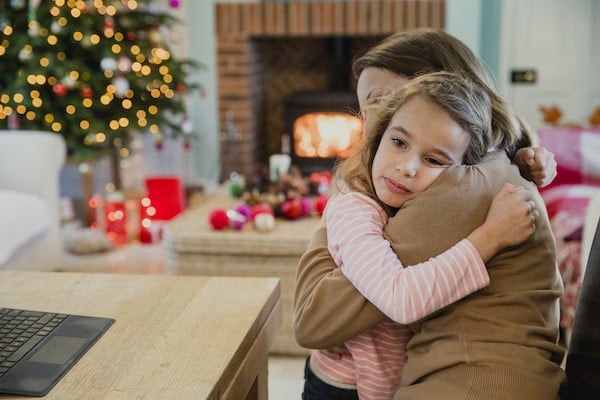
Christmas shopping
- Be careful not to strain your back or waist when Christmas shopping – make a pit stop to leave the shopping in the car in the middle of the day. Alternatively, wear a backpack to lighten the load and keep your hands free.
- Busy malls can be very stressful, especially when shopping with small children. Keep them close.
- Stay calm and take your time – stress leads to accidents. It's not the end of the world if you don't find the perfect gift!
- Shop online to reduce backlogs.
Christmas & driving
- Driving in extremely busy Christmas traffic can be stressful, increasing the risk of accidents. If possible, avoid busy times by starting early in the morning or later in the evening.
- Consult the online traffic guides before starting. Google Maps has live traffic information.
- Be mindful of your drinks while driving over Christmas. When the night is over, allow at least an hour for every unit of alcohol you consume before you get behind the wheel, or better yet, make sure to appoint a designated driver from the group who won't drink a drop.
FAQs - Frequently Asked Questions
What are some common xmas health risks?
– Falls during decorations
– Cuts & burns in the kitchen
– Fire or short circuits by faulty Christmas lights
– Indigestion & food poisoning
– Road traffic accidents
– Anxiety & stress
Find us
Book an appointment with us today
Christmas injuries | 6 tips to avoid mishaps Read More »







